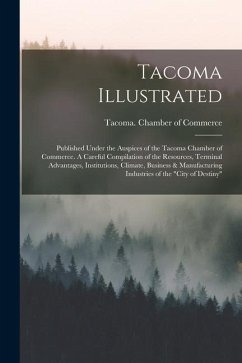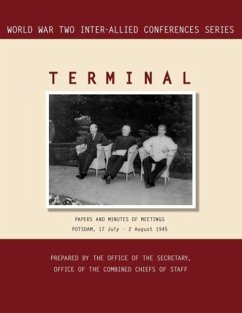
TERMINAL
Potsdam, 17 July - 2 August 1945 (World War II Inter-Allied Conferences series)
Versandkostenfrei!
Versandfertig in 1-2 Wochen
44,99 €
inkl. MwSt.

PAYBACK Punkte
22 °P sammeln!
During World War II, President Franklin D. Roosevelt and Prime Minister Winston S. Churchill formulated allied grand strategy at a series of high-level conferences held in Washington, DC, Casablanca, Quebec, Cairo, Tehran, Yalta, and Potsdam. At the Tehran, Yalta, and Potsdam conferences, the Russian leader, Joseph Stalin, also played a major role. Under policy guidance from their national leaders, the newly formed US Joint Chiefs of Staff and their British counterparts, known collectively as the Combined Chiefs of Staff, hammered out the military details of allied strategy. The minutes of the...
During World War II, President Franklin D. Roosevelt and Prime Minister Winston S. Churchill formulated allied grand strategy at a series of high-level conferences held in Washington, DC, Casablanca, Quebec, Cairo, Tehran, Yalta, and Potsdam. At the Tehran, Yalta, and Potsdam conferences, the Russian leader, Joseph Stalin, also played a major role. Under policy guidance from their national leaders, the newly formed US Joint Chiefs of Staff and their British counterparts, known collectively as the Combined Chiefs of Staff, hammered out the military details of allied strategy. The minutes of the Combined Chiefs' meeting at the major conferences touch on virtually every policy and strategy issue of World War II, from initial troop deployments to counter Axis aggression, through the debates about the location and timing of the principal Anglo-American offensives, to the settlement of post-war occupation boundaries. Besides being an invaluable primary source on the early years of the Joint Chiefs of Staff and on the planning and conduct of World War II, these documents also offer insights for today on the problems of managing a global coalition war. Originally highly classified documents, the minutes were declassified on October 3, 1973. TERMINAL (Potsdam, 17 July - 2 August 1945). This conference saw a changing of the guard among American and British leaders. Harry S. Truman replaced President Roosevelt, who had died on 12 April. In mid-conference, Clement Atlee replaced Churchill, whose party had lost Britain's first post-war election. The conferees discussed surrender terms for Japan, boundaries and peace terms for Europe, and Poland's frontiers and government. The Potsdam Declaration reaffirmed the Allies' demand for Japan's unconditional surrender and divestiture of its empire, but promised to respect the human rights of the Japanese people. Privately at this meeting, Truman informed Stalin that the United States had successfully tested a super-bomb.



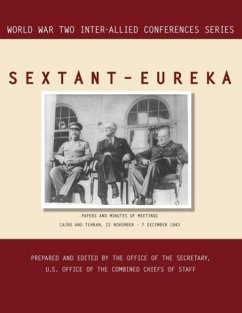
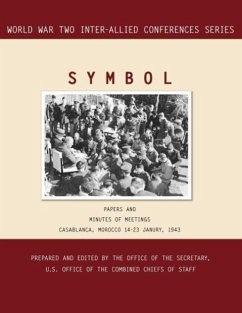
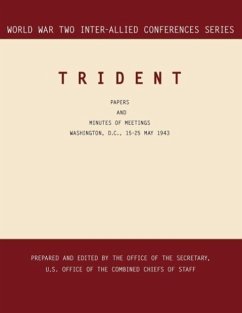
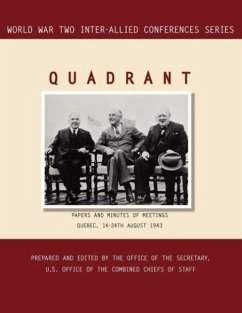
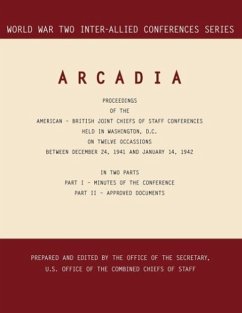
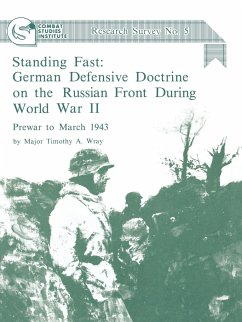

![The Canadian Lake Public Terminal Elevators [microform] Cover The Canadian Lake Public Terminal Elevators [microform]](https://bilder.buecher.de/produkte/66/66143/66143120n.jpg)
